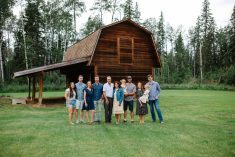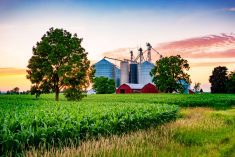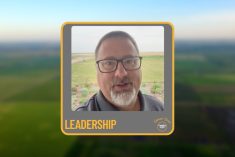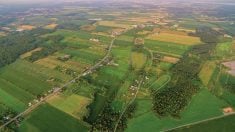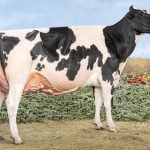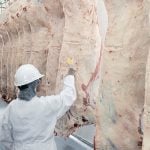IN THE WINTER OF 1991,Owen McAuley, who operates a 6,000-acre grain and livestock operation near the western Manitoba village named after his family, was standing on stage receiving a great honour — he’d just been named Manitoba’s Farmer of the Year.
As McAuley stood there at the podium, he felt a bit of a fraud.
“I had spent something like 170 days in a hotel room that year,” McAuley explains. “I was with KAP (Keystone Agricultural Producers, Manitoba’s general farm organization) that year and the big issue at the time was farm safety nets.”
Read Also
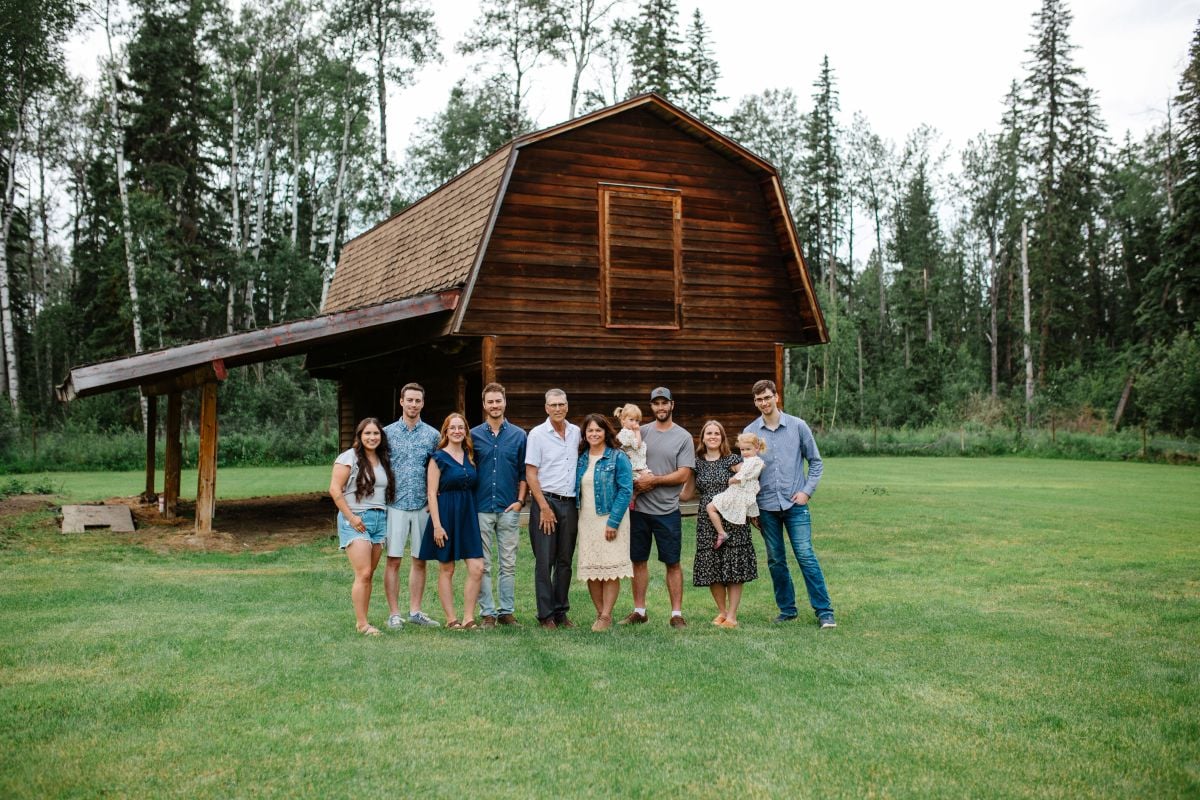
The farm transition trial
For anyone affected by cancer, they have likely heard the adage that “a person doesn’t get cancer, the family does.”…
He and his wife and partner Anna Mae had been farming since 1969 and had built an operation they were proud of. But because he had been away from the farm so often and for so long, Anna Mae had had to scale her commitment to the operation up even higher.
“Maybe,” McAuley told the awards banquet with a chuckle, “I should have stepped aside and let her run it years earlier.”
But behind that self-deprecating story is a compelling truth. In agriculture, it isn’t enough for the industry to succeed at production. Agriculture also has to lobby tirelessly and effectively for a policy framework that gives farmers a chance to survive, and maybe even thrive.
And when it comes to lobbying on farm policy, especially on complex, controversial issues, nobody does it better than McAuley.
Earl Geddes, who currently heads up the Canadian International Grains Institute (CIGI) was president of KAP during McAuley’s tenure with the organization. He says that without McAuley’s work on the safety net file, it’s unlikely that the sort of progress that was made would have happened.
Rather than tinkering with details, McAuley pushed for a wholesale move towards programs that addressed issues on individual farms, the opposite of regional approaches like the Western Grain Stabilization Act.
The end result was the Gross Revenue Insurance Program (GRIP) and Net Income Stabilization Account (NISA) programs.
“Owen did most of the lobbying on that,” explains Geddes.
“One thing Owen did extremely well and that was extremely positive,” Geddes continues, “was that he was not just able to form relationships with senior government officials (in the civil service), but also with the elected officials.”
Geddes says that proved to be an invaluable tool in the farmer policy arsenal because it allowed them to cut through miles of red tape with a well-placed telephone call or key meeting with someone like then-agriculture minister Don Mazankowski.
“There were a few occasions when we sat in the minister’s office and had a cup of coffee and waited while he went down the hallway to straighten out the civil service,” Geddes says with a gleam of remembrance.
In great part, Geddes says, McAuley’s ongoing success in this role can be attributed to his ability to be an honest broker. Once officials and politicians get to know him and watch him work for a while, they recognize his genuineness.
McAuley is known as a strong proponent of programs that work for farmers but also don’t encourage farmers to farm the programs instead of their farms.
He also advances programs that let the market decide what to grow, instead of dictating farm choices from Ottawa.
“He became very welcome in these discussions by bringing a real farmers’ view, and that’s an important point — that it was always about farmers and never about Owen,” says Geddes.
In the ensuing years, McAuley has remained a force to be reckoned with. He’s sought out for counsel by farm leaders, and listened to by governments during any farm policy debate.
After the 1989-91 Safety Net Review, he also sat on further producer payment program panels, grain-marketing panels, the board of producer groups like the Western Feed Grains Cooperative, the 2000 review of the Canada Grains Act and Canadian Grain Commission and was even active in a report on NAFTA meeting with the governments of Canada, the U.S. and Mexico.
And while he may have taken a slightly lower-profile role in recent years, Geddes says it would be a mistake to underrate his ongoing contribution.
“I know for a fact that even to this day, when the topic of farm safety nets comes up, the federal government calls Owen to get his opinion,” Geddes says.
As for McAuley, he says he’s pleased he’s been able to play a role in reforming programs that either never worked, or no longer meet current needs.
To this end he says the three achievements he’s most proud of are the safety nets project, the Crow Rate debate, and the move towards a less rigid adherence, to kernel visual distinguishability (KVD) for new wheat varieties.
While some of these changes remain controversial, McAuley says he’s convinced that the current programs and regulations are better than the ones they replaced. In large part he says that’s because the politicians and civil servants have, in recent years, at least attempted to listen to farmers, which will almost always mean better policy.
“You need to start at the grassroots and work policy up from there, instead of the other way around,” McAuley says.
And finally, when pressed a bit by Country Guide about the things he’s proudest of and most grateful for, McAuley delivers a bit of a surprise.
The answer has almost nothing to do with agriculture policy and everything to do with the fact that he was lucky enough to be born in a country like Canada, where questions of policy are settled his way… by debate, lobbying and discussion rather than through bribery, violence or worse.
“The fact we’ve raised three kids, lived very well, never went hungry, never had to bow our heads to anyone or duck because anyone was shooting at us — I think in the end that just has to be the most important thing.”
———
“ You need to start at the grassroots and work policy up from there, instead of the other way around.”
— Owen McAuley



